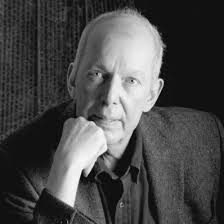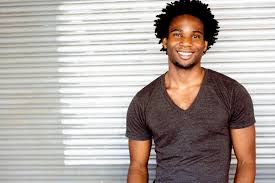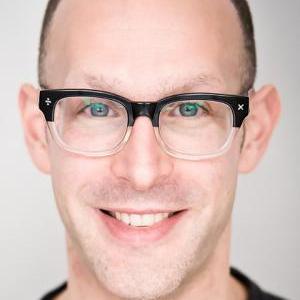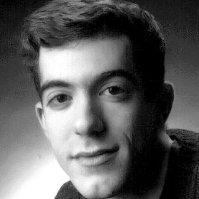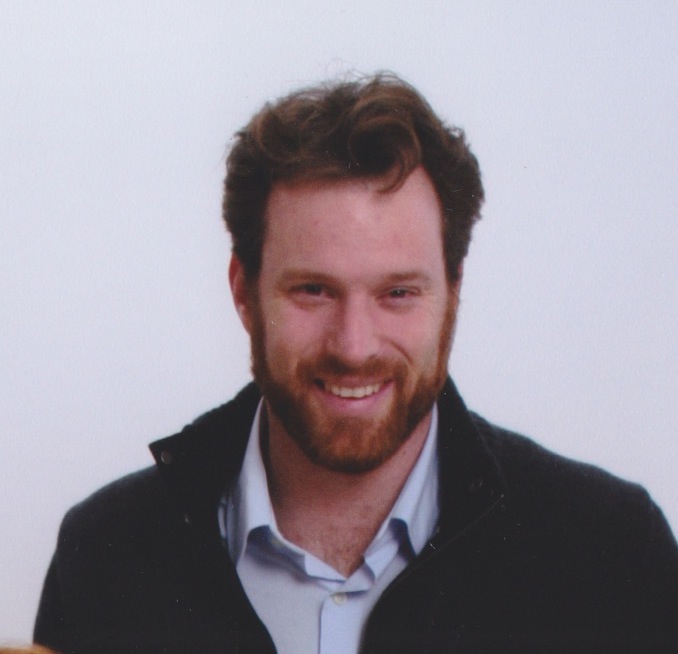Colin Greer Imagines Rabbi Abraham Joshua Heschel
David Winitsky
OPEN Festival performances at the 14th Street Y will begin with a new version of Imagining Heschel, the political and historical fantasia based on famed liberal thinker Rabbi Abraham Joshua Heschel’s trip to the Vatican. The play is written by social justice leader Colin Greer, and the presentation is being co-produced by H!GHBROW, a veteran Off-Broadway and film production house, and features Ronald Guttman (Mad Men) in a commanding performance as Heschel.
Rabbi Heschel and Cardinal Bea at the Vatican.
In the mid-1960s, Rabbi Heschel was invited to the Vatican by Cardinal August Bea, Pope John’s representative to the Jewish people after Vatican II. Imagining Heschel explores the two religious leaders’ hope for a sincere rapprochement through moral searching and impassioned dialogue, even as the wars still raging–in Vietnam, in the Middle East, and after the death of Dr. King–threaten to drive them further apart.
Playwright Colin Greer has become a Heschel expert over the years. In researching this play, Greer met with Heschel’s former students at the Jewish Theological Seminary, and even had the thrill of seeing Heschel’s office. Greer also had the privilege of speaking with the activist and priest Daniel Berrigan, a close friend of Heschel’s. Berrigan died a few weeks ago at the age of 94 here in New York, his home for the last four decades.
Actor Ronald Guttman also feels a deep understanding of Heschel, as the temple he attends, the Upper West Side’s B’nai Jeshurun, is led by rabbis who “are Heschel’s spiritual heirs. They are the keepers of the flame of the spiritual revolution that Heschel led from the 1960s on.” Guttman says that, at this temple, they study Heschel, they practice his approach to prayer, and they reflect on the ideas behind the man as an activist. “He really took Judaism outside of its shell,” Guttman explains, “most famously with his alliance with Martin Luther King, Jr.”
To create Heschel the character, but Greer and Guttman also draw on aspects from their family histories. Greer sees similarities between Heschel and Greer’s own grandfather, so he drew on aspects of his grandfather’s personality. And Guttman was born in Europe to Polish and Russian Jews, which, he says, helped him quickly grab on to the accent (Heschel was born in Poland).
At times, the character of Heschel wrestles with his own contradictions (or perceived contradictions), especially with the question, can one be anti-war and still support Israel’s right to conduct military actions? Guttman and Greer say they approach this aspect of Heschel’s character with the idea that, the greater the man, the greater the struggle. “Heschel felt that no religion is a monolith,” Greer says. “He was open to contradictions and complexities. And who knows what would have happened if he lived longer? He had already reached out to Muslims before he died. He was rational, and a mystic, and a poet. His complexity and multidimensionality made him great.” Greer says Heschel was also courageous. “He was often on his own, not embraced by other leaders of Jewish community. Being very close to Christians was very unusual for a rabbi, and not always popular.”
Imagining Heschel has served not only to entertain, but to educate, and to build connections. “We did a reading in Harlem,” Greer says “with a 90% African American audience. They were very enthused, and they were very interested to learn about the connection between the African American community and the Jewish community. They wondered what happened to that link, and I argue that it still exists. Only in the public does it seem frayed, on the deepest level it is still there.”
The play has been performed in several diverse settings, including in Washington, DC, at the invitation of Ari Roth and his company Mosaic Theater. The OPEN Festival performance, however, is of a completely new version of the play. “Previous versions focused almost entirely on the two characters, Heschel and Cardinal Bea,” Greer says. The new version has added a character, Jonah, Heschel’s driver, who is merely mentioned in the previous version. The role of Father Brian Martin, Cardinal Bea’s secretary, is also expanded. Both Jonah, an African American teenager, and Martin, an Irish nationalist, grapple with how best to fight for their people.
Greer and Guttman say the play also enjoys diverse audience appeal. “The four main identities addressed in the play are, in itself, a large spectrum of potential audience members,” Guttman says. “But this OPEN Festival reading is a workshop of the new script, so we’ll see how the audience responds. We have so many renowned and respected artists involved that we know we will be creating something very special.”





